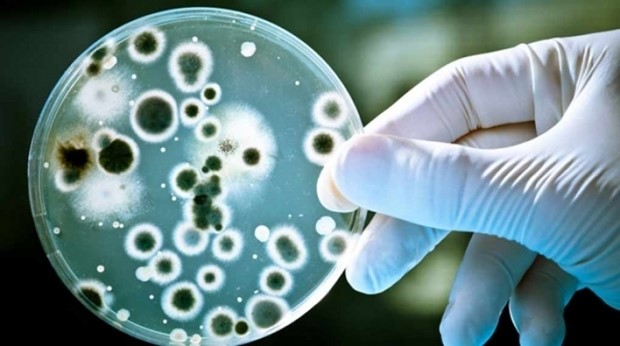There is no need to go haywire and start analysing your food to determine if the foods you are eating are acid or alkaline. If you`re eating mainly grains, flour products, animal-based foods, and washing these foods down with coffee, soda, and milk, you will almost certainly improve your health by replacing some of your food and beverage choices with fresh vegetables and fruits. Common sense tells us that if you eat heaps of junk food, processed and pre-packaged foods, sugar, desserts and copious amounts of fizzy drinks, crisps and other rubbish – it stands to reason then that your body will most certainly NOT benefit from such a diet.
Having read the section on “The Truth About Alkalising Your Blood”, in this section, you will then understand that your body, given the right tools will automatically keep your blood at the correct pH – that is what it was designed to do.
The primary purpose of this article is to offer information that explains why basic science dictates that you don`t need to take one or more nutritional supplements for the sole purpose of alkalizing your body. Your body is already designed to keep the pH of your body fluids in a tight, slightly alkaline range.
The ideal scenario is to make fresh vegetables and fruits the centerpieces of your diet, and to eat small amounts of any other nutrient-dense foods that your appetite calls for and that experience shows your body can tolerate.
Different parts of our bodies are either acidic or alklaline.
For instance, your stomach needs to be acidic in order to process and break down food for absorption. This means that this bodily organ is therefore usually at a pH level of 3.5. However, warns Julia Webb Kelley in an article entitled Acid Vs. Alkaline in the Body, a over-supply of acidity in the body can be extremely harmful:
“Imbalance and disease can set in when the body is daily dealing with too many acid-forming foods and too much stress … Acidic foods … usually have a low pH level – 4.6 or lower. Foods like grains, sugar, dairy products, fish, processed food, fresh meat and processed meat, sodas and sweetened beverages, high-protein and supplements are low pH, or acidic. If you have problems with acidity, you need to try and cut out these foods from your diet or reduce your intake. Citrus fruits are also high in acidity.
Ideally, your blood pH should be between 7.35 and 7.45. This is more alkaline. Whereas the stomach is quite acidic, the small intestine is an alkaline environment with a pH of 7.4.
When people encourage you to “alkalize your blood,” most of them mean that you should eat plenty of foods that have an alkaline-forming effect on your system. The reason for making this suggestion is that the vast majority of highly processed foods – like white flour products and white sugar – have an acid-forming effect on your system, and if you spend years eating a poor diet that is mainly acid-forming, you will overwork some of the buffering systems mentioned above to a point where you could create undesirable changes in your health.
For example, your phosphate buffer system uses different phosphate ions in your body to neutralize strong acids and bases. About 85% of the phosphate ions that are used in your phosphate buffer system come from calcium phosphate salts, which are structural components of your bones and teeth. If your body fluids are regularly exposed to large quantities of acid-forming foods and liquids, your body will draw upon its calcium phosphate reserves to supply your phosphate buffer system to neutralize the acid-forming effects of your diet. Over time, this may lead to structural weakness in your bones and teeth.
Drawing on your calcium phosphate reserves at a high rate can also increase the amount of calcium that is eliminated via your genito-urinary system, which is why a predominantly acid-forming diet can increase your risk of developing calcium-rich kidney stones.
This is just one example of how your buffering systems can be overtaxed to a point where you experience negative health consequences. Since your buffering systems have to work all the time anyway to neutralize the acids that are formed from everyday metabolic activities, it`s in your best interest to follow a diet that doesn`t create unnecessary work for your buffering systems.
No calorie counting, no analysis of acid/alkaline balance in your banana or whatever it is you are about to consume – let your common sense prevail and eat CLEAN and HEALTHY. We cannot imagine that there is anyone ‘out there’ that thinks a diet of junk and processed foods can possibly benefit their health – so therefore, make more informed decisions about what you eat. Your own common sense should tell you that eating a whole food plant based diet will provide your body with the tools it needs to do the job it was designed to do. Yes, giving up all the ‘goodies’ we love, all the copious amounts of animal flesh we consume, milk shakes, ice cream etc etc etc is very difficult – but is your health not worth it?





